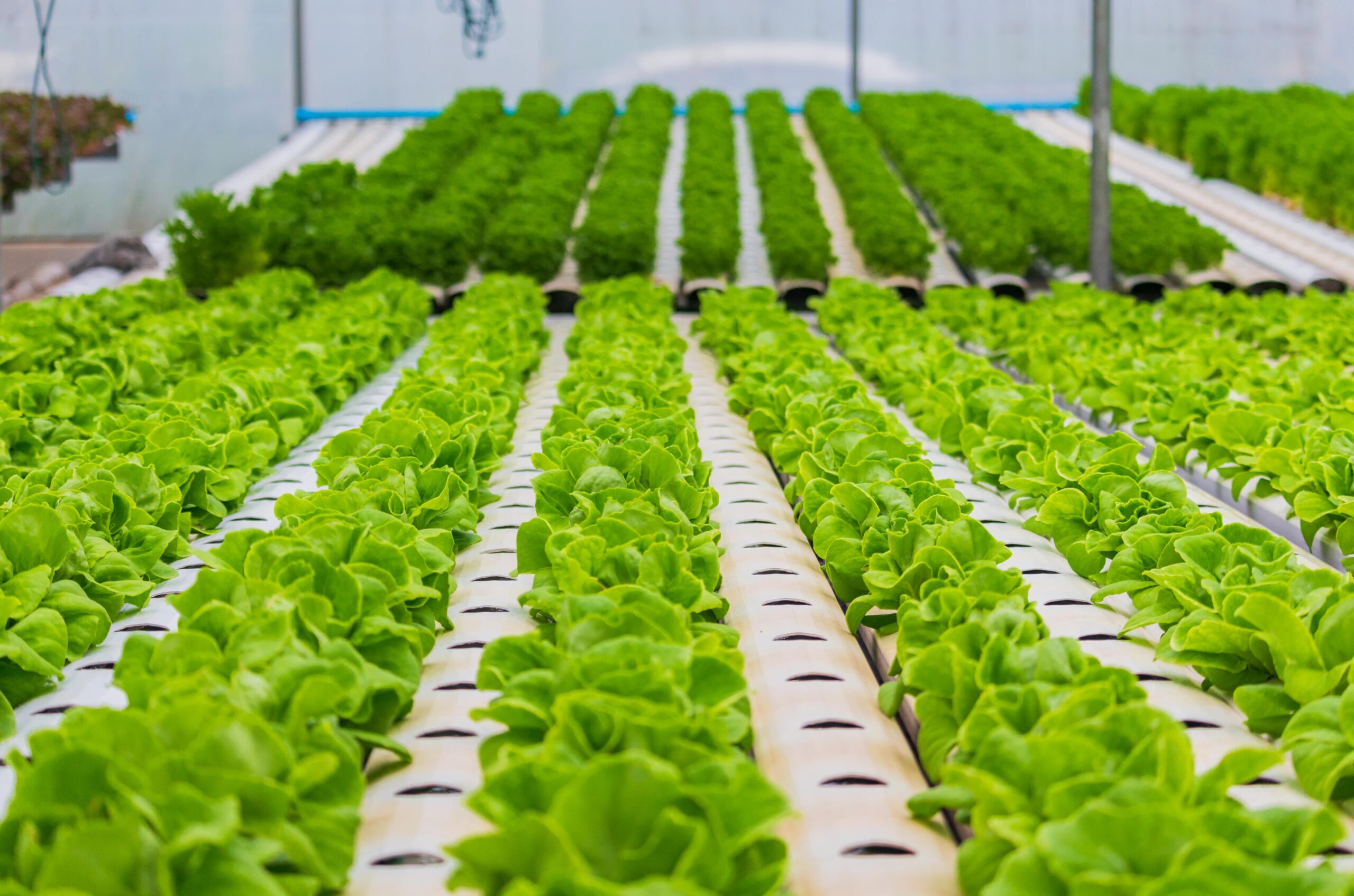Hydroponic Growers & Farming: The Future of Sustainable Agriculture

Welcome to AgResearch Labs, where innovation meets sustainability. In a world facing escalating environmental challenges and a growing population, the future of agriculture is under intense scrutiny. Traditional farming methods, while essential, are increasingly being supplemented and even surpassed by more sustainable practices. One such practice gaining traction is hydroponic farming. At AgResearch Labs, we’re hydroponic growers and our systems are not just an alternative but a critical solution for the future of sustainable agriculture. Here’s why.
Efficiency and Resource Conservation
Traditional farming requires vast amounts of land and water, resources that are becoming scarce due to climate change and urbanisation. Hydroponic growers, in contrast, can produce higher yields in smaller spaces. By growing plants in nutrient-rich water solutions rather than soil, hydroponics uses up to 90% less water than conventional farming. This water efficiency is crucial in regions suffering from droughts or where water conservation is a priority.
Controlled Environment Agriculture
Hydroponic grower systems allow for precise control over growing conditions, including temperature, humidity, light, and nutrient levels. This level of control results in several benefits:
– Year-Round Production: Plants can be grown regardless of the season, ensuring a constant supply of fresh produce.
– Zero Pesticide Use: The controlled environment eliminates the need for pesticides, leading to healthier crops.
– Optimal Nutrient Management: Plants receive exactly the nutrients they need, reducing waste and improving growth efficiency.
Space Optimisation
With urbanisation on the rise, arable land is increasingly being converted for housing and infrastructure. Hydroponic systems can be set up in a variety of environments, from greenhouses to urban rooftops, and even indoors with vertical farming setups. This versatility allows for food production in areas that would otherwise be unsuitable for traditional farming, making fresh produce accessible to more people.
Reducing Carbon Footprint
The transportation of food from rural farms to urban centres contributes significantly to greenhouse gas emissions. Hydroponic farms can be established closer to or within urban areas, drastically reducing the distance food travels from farm to table. This proximity not only lowers carbon emissions but also ensures fresher produce for consumers.
Innovation and Scalability
The potential for innovation within hydroponic farming is vast. At AgResearch Labs, we are constantly exploring new technologies and methods to improve efficiency and sustainability. From advanced LED lighting systems that mimic natural sunlight to automated nutrient delivery systems, the future of hydroponics is bright. Additionally, hydroponic systems are scalable, making them suitable for small-scale operations as well as large commercial farms.
Economic Viability
While the initial setup cost for hydroponic systems can be higher than traditional farming, the long-term benefits outweigh these costs. Higher yields, faster growth cycles, and reduced resource inputs lead to lower operational costs over time. Moreover, the ability to grow premium-quality produce year-round can command higher market prices, making hydroponic farming economically viable.
Sustainable Food Security
With the global population expected to reach 9.7 billion by 2050, food security is a pressing concern. Hydroponic farming offers a sustainable solution to meet this demand. By producing more food with fewer resources, hydroponics can play a pivotal role in feeding the world’s population while conserving the planet’s natural resources.
At AgResearch Labs, we are proud to be at the forefront of the hydroponic revolution. We believe that embracing hydroponic farming is not just an option but a necessity for a sustainable future. By reducing resource use, optimising space, and minimising environmental impact, hydroponic systems represent a significant step forward in sustainable agriculture. Join us on this journey towards a greener, more sustainable world.
Together, we can grow the future.
We’re always looking for means to grow more clean produce for all. If you’d be interested or know anyone who’d be interested in investing with us, let’s talk.
Get In Touch